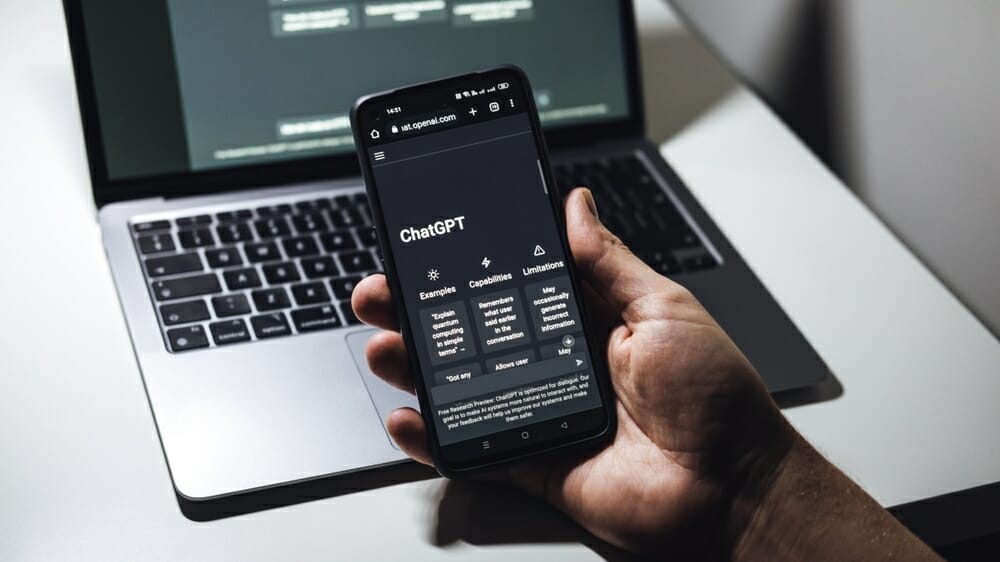The author, Dan Maloney, encountered some challenges while trying to use ChatGPT to generate code for a 3D printing project in OpenSCAD. Despite running into syntax errors, he found that the AI gave him a starting point to teach himself enough OpenSCAD to complete the project. Although the AI’s code wasn’t perfect, it was better than having no starting point at all.
The author expresses frustration with the notion that the alternative to using AI for assistance is “nothing”. They argue that a quick search engine query for “openscad tutorial” would provide access to numerous human-created guides, written by experts, that are tailored to teaching the specific skill or knowledge needed. The author emphasizes that these resources are invaluable and easily accessible, making “nothing” an unfair benchmark.
The article points out that the AI language model is trained on existing tutorials and reference materials, and while it may perform better than the worst tutorial, it is unlikely to surpass the quality of the best human-created guides. However, for individuals like Dan who just need a solution, even imperfect AI-generated code can serve as a basis to learn and achieve the desired result.
In conclusion, the author encourages critical thinking when assessing the value of AI-generated assistance, highlighting the vast availability of high-quality human-created resources as a superior alternative. The article challenges the idea of “better than nothing” and emphasizes the wealth of tutorial resources available to empower individuals to pursue their goals.
Image Source: Iryna Imago / Shutterstock















